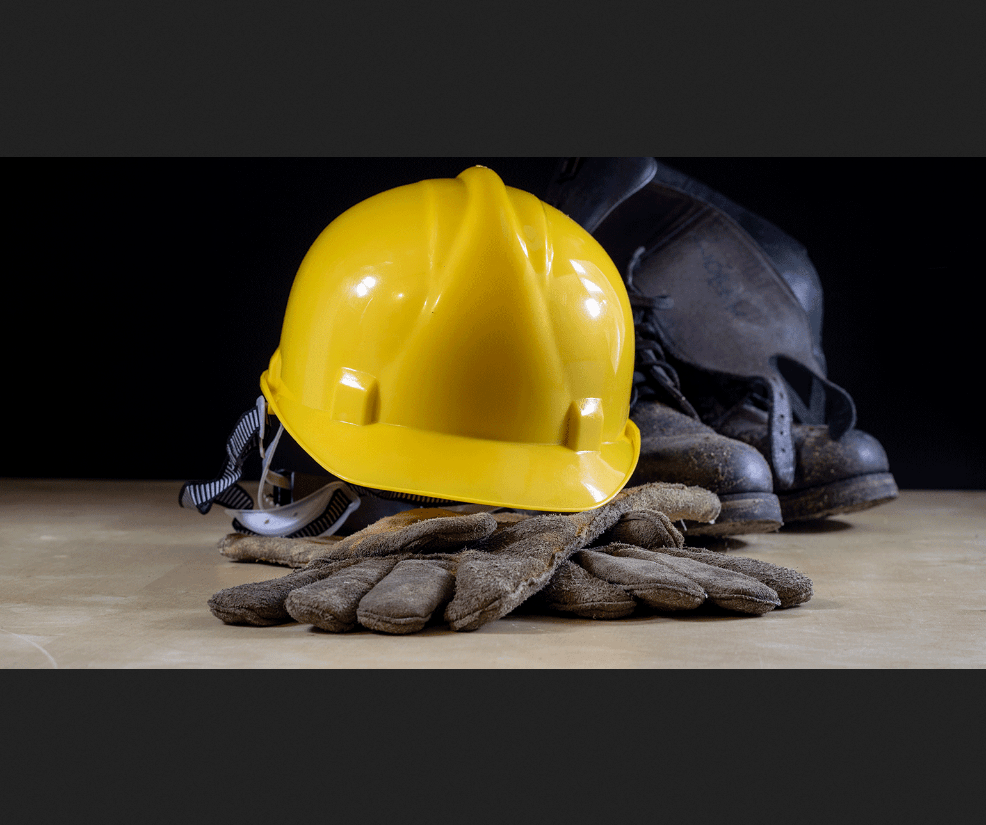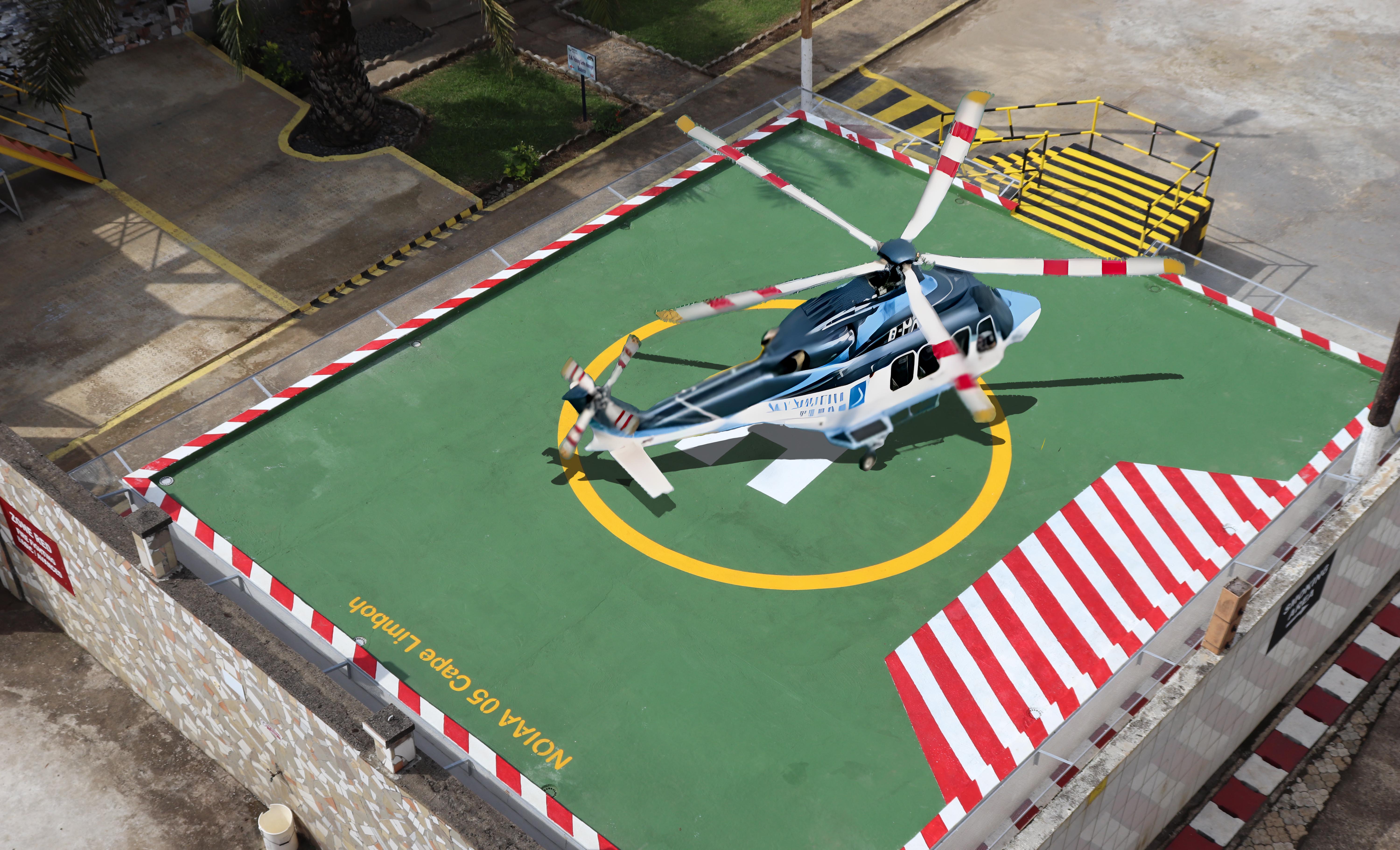Best responses to 5 biggest PPE excuses

“How do I get all my employees to wear their safety gear all the time?” It’s one of the top challenges safety pros face year after year. So, we asked 290 of your peers about their experiences to find out the top reasons workers give for not wearing PPE.
And we also asked safety managers how they deal with the problem. Here are the results:
Fit/comfort
“It doesn’t fit right,” or “it’s uncomfortable” are the reasons 30% of safety pros hear most often when they ask workers why they aren’t wearing their PPE.
Solution: Get workers involved in PPE choice. Ask what the comfort and fit issues are with their safety gear.
Work with a few select employees to order several different trial samples of regulatory-compliant gear.
Then have these employees test it. If there isn’t a consensus, note whether people with certain physical characteristics prefer certain types. You may have to order more than one type to satisfy your workers.
‘I didn’t know’
Some workers will try to put the blame for their lack of PPE on someone else – many times their supervisors or trainers.
“I didn’t know I needed safety gear” was the top reason heard by 10% of safety pros.
Solution: When safety gear training is given, have workers sign a paper stating that they’ve received and understand the training.
To make this policy work, supervisors will have to follow up with disciplinary action when workers don’t wear PPE.
Time factor
“I didn’t have time,” or “it takes too much time” are the main reasons 18% of safety pros hear as excuses from workers without PPE.
The first step to solve this problem: Ask workers why and listen carefully to their answers. You may have a conflict between production and safety. In that case, ask production supervisors to emphasize that work doesn’t start until safety gear is on.
You may also find out these workers weren’t properly trained about donning PPE. Another possibility is that workers are rushing to get to their stations on time because of tardiness. Disciplinary measures may be necessary in those cases.
They’re invincible
“I won’t get in an accident” is heard most often by 8% of managers.
Oddly enough, this sentiment is expressed by two very different groups.
Young workers often think they’re invincible — that nothing bad will ever happen to them. If they haven’t been exposed to a serious injury, it may seem to them like “that only happens to other people.”
More experienced workers who have gone their entire career without a serious workplace injury adopt this rationale: I’ve always done it this way and haven’t been hurt so far.
Solution: Show them how it has happened. Invite someone who suffered a serious — and possibly debilitating — workplace injury to speak to an all-hands safety meeting.
Ask the person to explain in detail how the injury has affected his life — how everyday activities others take for granted are now much more difficult for him.
Another tactic: Tell employees to put an arm behind their back. Now, ask them to perform a simple task such as tying their shoes.

Memory lapse
The rest, 34%, say “I just forgot.” Check first if fit, comfort or time is a factor before accepting this excuse.
This is where a strong safety policy comes into play. Each workplace has to decide how often it’s acceptable for someone to “just forget” and what will happen to the employee each time. Universal enforcement — up to dismissal if appropriate — will send a message to others to always wear their PPE.
A new path to find an effective solution?
The quote bellow comes from a comment to this article and seems appropriate:
Has anyone tried on the spot recognition rewards? I have tried just about every incentive program and the outcome boils down to the same thing – motivating non-reporting injuries/incidents.
On the other hand, rewarding employees on the spot for using safe work practices has worked for me. The word spreads like wild fire amongst employees and before you know it the culture has changed to where all employees are safe working individuals and promote safety amongst themselves preventing each other from getting injured.
The rewards do not have to be extravagant either, I have used movie tickets, dinner gift cards, sports game tickets, fuel gift cards, miniature golf, department stores, grocery markets, nice safety glasses with a chum, nice working gloves and a glove clip to prevent losing them etc.. it really doesn’t take much, just giving the employees recognition for working safe goes a long way.
Employees do not get that recognition frequent enough, it is more often the unsafe or wrong way/thing they do that is brought to their attention. positive reinforcement is a strong motivator.

Edited by NOIAA
Source:safetynewsalert.com



